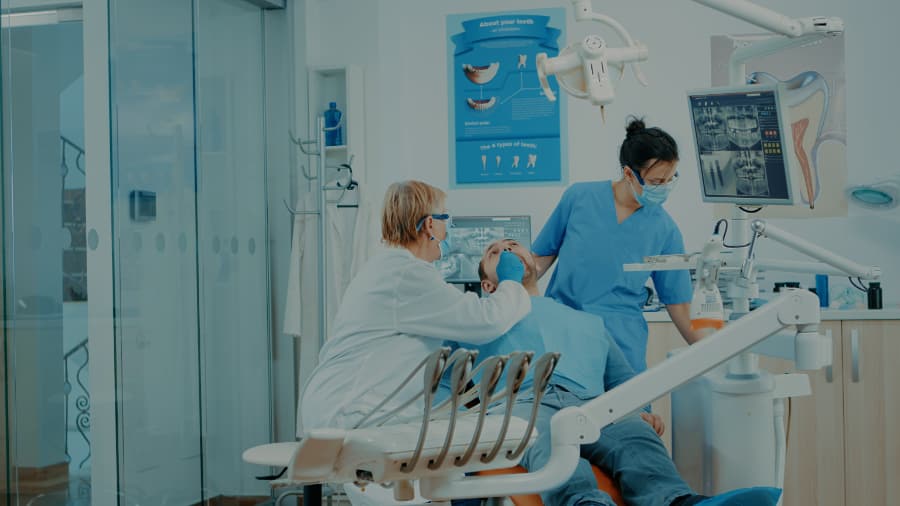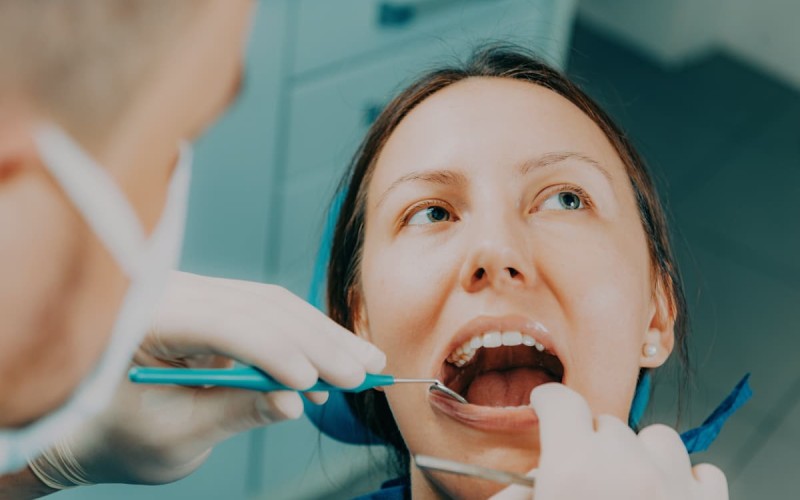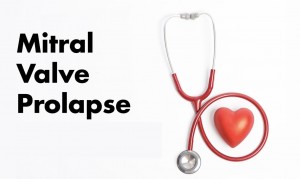Mitral valve prolapse is a common heart disease that occurs when your heart valve does not close properly. Also known as floppy flaps syndrome, it runs in families and most patients are born with it. This condition rarely causes health problems through serious complications can occur.
People with MVP have a higher risk of endocarditis, an inflammation of the heart’s inner lining. Bacteria is one of the potential causes of this condition, leading to bacterial endocarditis. When bacteria enter your heart through the bloodstream, it can damage the heart valve and make it floppy.
What’s interesting, germs can enter the heart from your mouth. Giving antibiotics used to be an effective way to prevent endocarditis during dental work. Is it still relevant these days? Scroll through and figure out the answer.
Mitral Valve Prolapse and Antibiotics Before Dental Work

Individuals Mitral Valve Prolapse syndrome basically do not need treatment because they barely show symptoms. Having that said, they are susceptible to a type of heart infection called infective endocarditis (IE) that is life-threatening.
Endocarditis occurs when germs infect your heart through the bloodstream from the other part of the body, most often your mouth. This is the most potential entrance gate for these bacteria, so dentists used to prescribe antibiotics or surgery for MVP patients as prophylaxis of endocarditis.
Antibiotics are the most common medication to fight against bacteria. They work effectively to destroy the bacteria and prevent infections in your body.
However, not every people with mitral valve disease receive antibiotics before teeth treatment nowadays. American Heart Association no longer recommends the use of this medication prior to a dental procedure for people with this condition.
Doctors will prescribe antibiotics for people with a higher risk of endocarditis. This may include but is not limited to:
1. People with a Prosthetic Heart Valve
People whose heart valve is damaged and receive a prosthetic valve have a higher risk of IE. They require antibiotic prophylaxis against the inflammation.
2. People with Endocarditis History
Endocarditis can recur. Individuals with a history of infective endocarditis receive prophylaxis before a dental procedure. This helps prevent the infection from recurring.
3. People with Congenital Heart Defects
This category includes individuals with cyanotic congenital heart disease, congenital heart defect, and repaired congenital heart disease.
In short, antibiotic prophylaxis is no longer recommended for individuals with mitral valve prolapse unless they develop serious symptoms. Those with a high risk of endocarditis such as people with a prosthetic heart valve or endocarditis history need to take the medication before dental work.




Leave a Reply